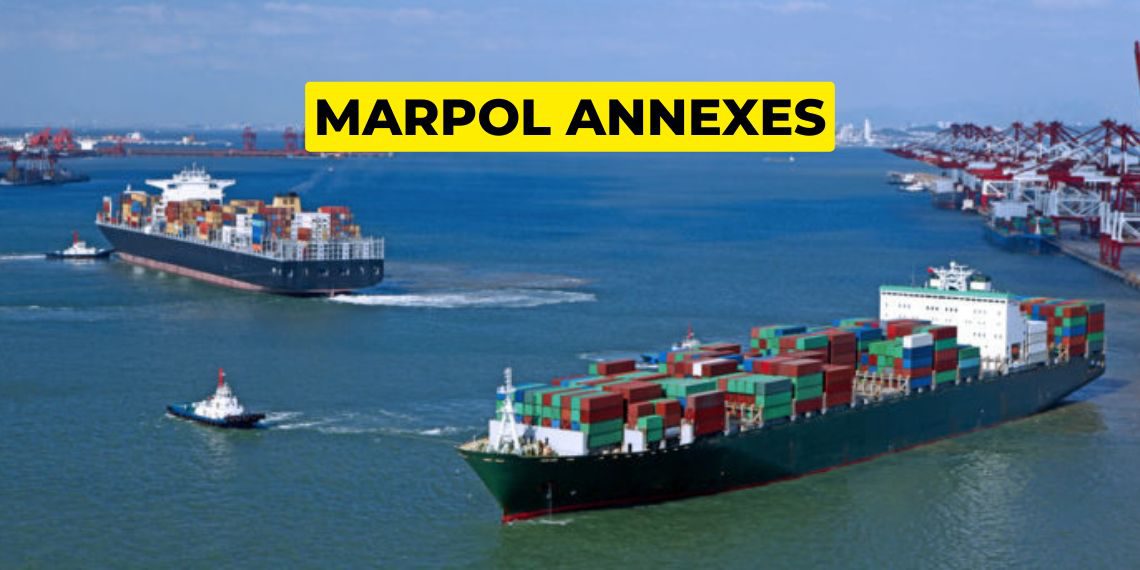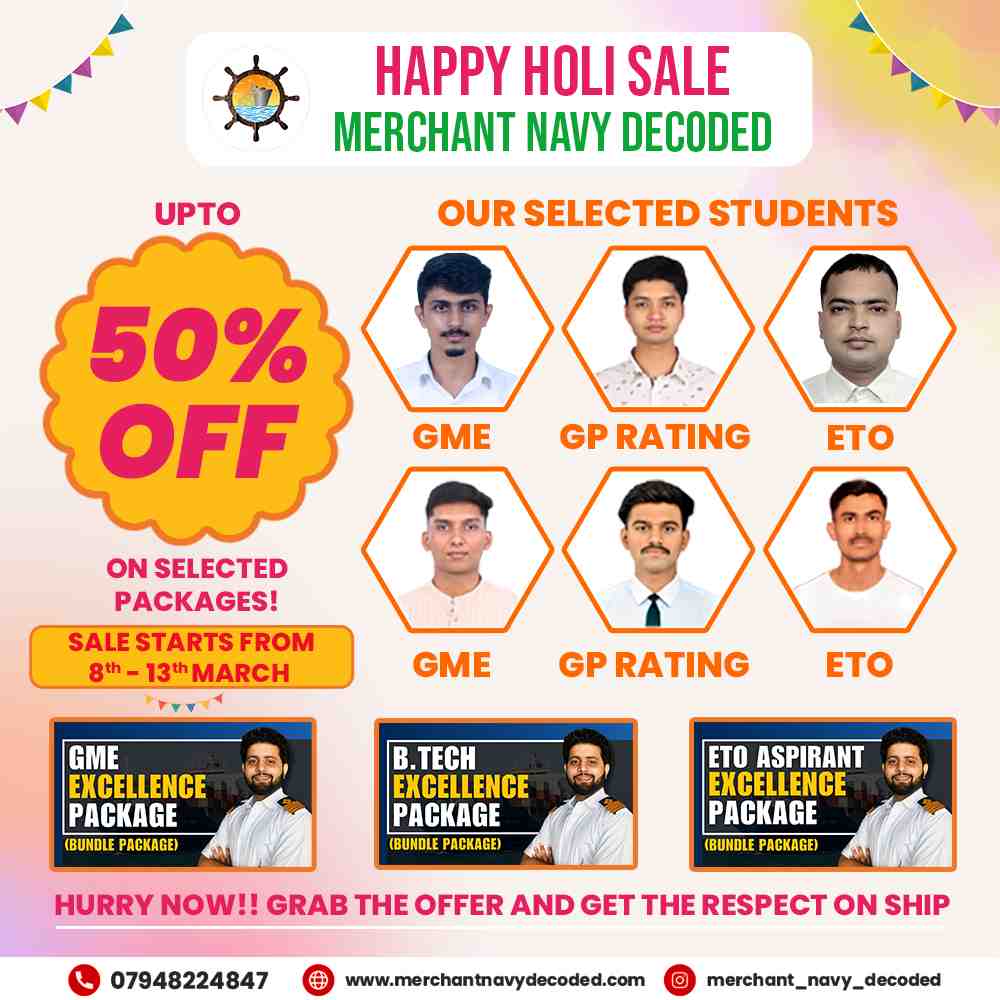What are the steps taken by IMO to control emissions? | MARPOL | Annexes
What are the steps taken by IMO to control emissions?
The International Convention for the Prevention of Pollution from Ships (MARPOL) is the primary international treaty that regulates the discharge of pollutants from ships.
Adopted by the International Maritime Organization (IMO) in 1973, MARPOL aims to prevent and control marine pollution caused by ships by setting standards for the discharge of harmful substances such as oil, chemicals, sewage, garbage, and air pollutants.
MARPOL’s annexes lay out specific measures that ships must follow to prevent pollution, including requirements for equipment, operation, and record-keeping.
Through its provisions, MARPOL helps to safeguard the marine environment and protect human health by reducing the impact of shipping activities on oceans and coastlines around the world.
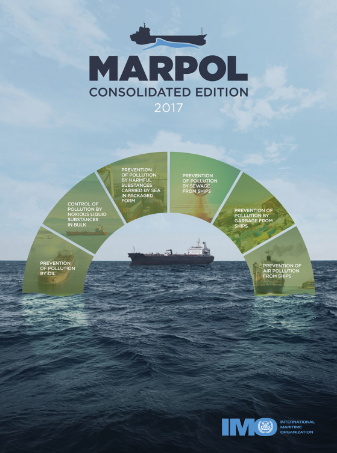
MARPOL currently consists of 6 Annexes to combat pollution:
Annex I – Prevention of Pollution by Oil:
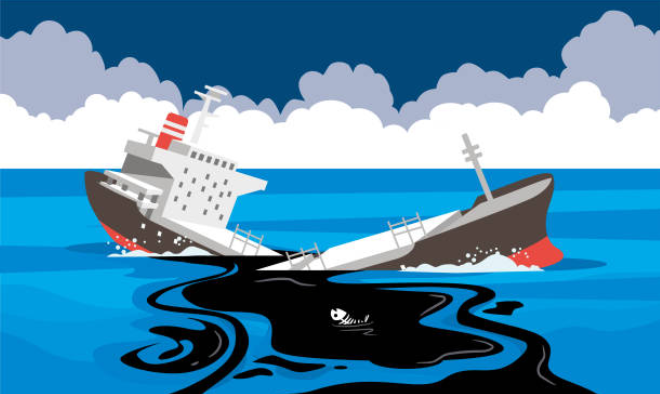
Annex I addresses oil pollution from ships and covers the prevention of oil spills, accidental or otherwise. Some key requirements include:
- Prohibition on discharge of oil or oily mixtures into the sea
- Requirements for the construction and equipment of oil tankers
- Mandatory oil record book to record oil transfers and disposal
- Limitation on oil content in discharge water, including ballast water
Annex II – Control of Pollution by Noxious Liquid Substances:
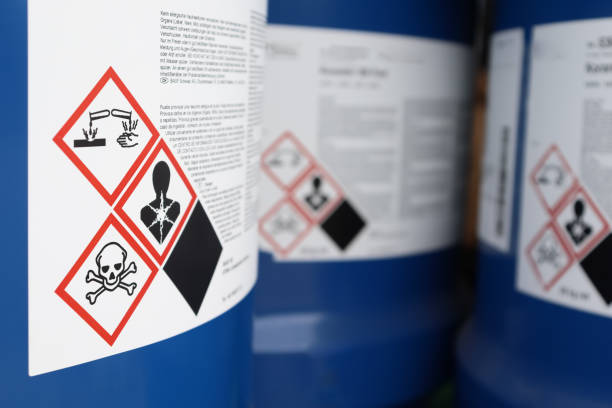
Annex II regulates the discharge of noxious liquid substances carried in bulk, including chemicals and other hazardous substances. The key requirements include:
- Prohibition on discharge of noxious liquid substances into the sea, except under specific circumstances
- Requirements for the construction and equipment of ships carrying noxious liquid substances
- Obligation to carry a cargo record book to record cargo transfers and disposal
Annex III – Prevention of Pollution by Harmful Substances in Packaged Form:
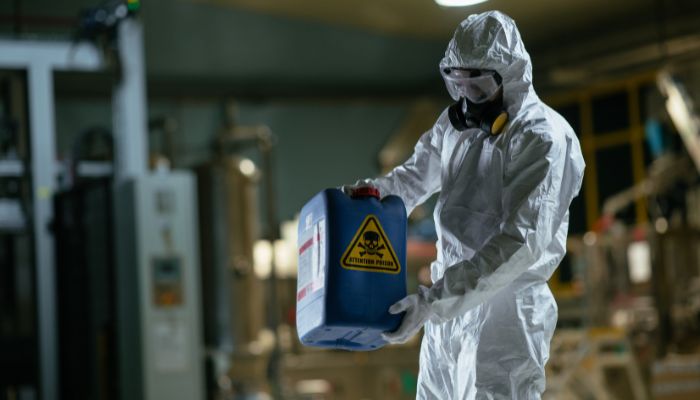
Annex III regulates the discharge of harmful substances carried in packaged form, such as chemicals and other hazardous materials. The key requirements include:
- Prohibition on discharge of harmful substances into the sea, except under specific circumstances
- Requirements for the proper packaging and labelling of harmful substances
- Obligation to carry a cargo record book to record cargo transfers and disposal
Annex IV – Prevention of Pollution by Sewage from Ships:
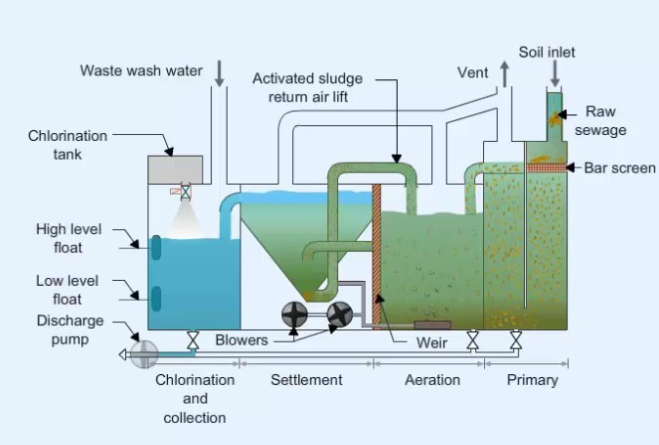
Annex IV addresses pollution caused by sewage discharges from ships. The key requirements include:
- Prohibition on discharge of untreated sewage into the sea, except in certain circumstances
- Requirements for the equipment and operation of sewage treatment plants on board ships
- Obligation to carry a sewage record book to record sewage discharges and disposal
Annex V – Prevention of Pollution by Garbage from Ships:
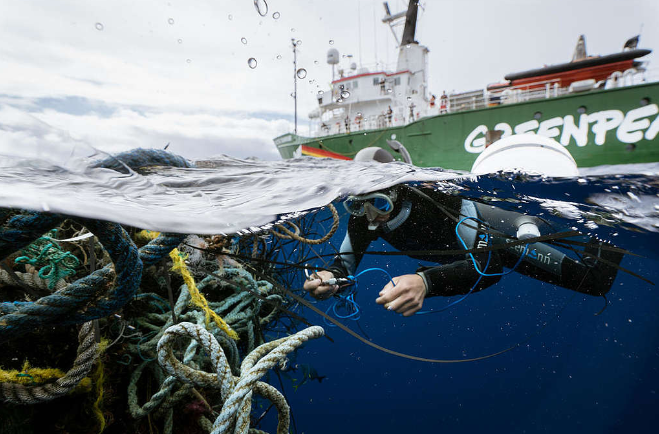
Annex V regulates the disposal of garbage from ships, including plastics and other non-degradable materials. The key requirements include:
- Prohibition on the disposal of plastics and other harmful substances into the sea
- Requirements for the proper segregation, storage, and disposal of garbage
- Obligation to carry a garbage record book to record garbage discharges and disposal
Annex VI : Prevention of Air pollution:
To reduce SOx emissions IMO has put a limit to sulphur content used in fuels:
Emission Control Areas (ECAs), or Sulphur Emission Control Areas (SECAs), are sea areas in which stricter controls were established to minimise airborne emissions from ships as defined by Annex VI of the 1997 MARPOL Protocol.
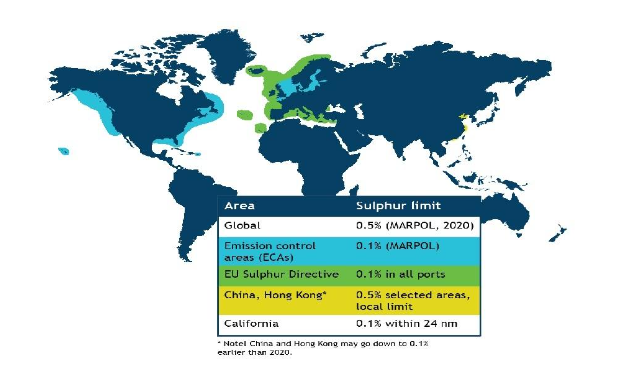
The latest regulations state that the sulphur content within the fuel oil cannot be more than 0.5% globally and not more than 0.1% in ECAs.
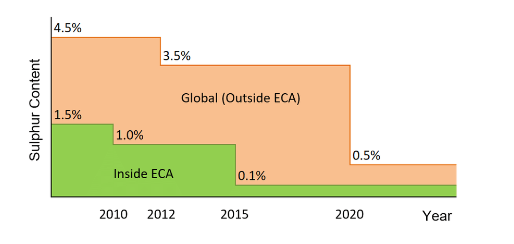
Note:
If you want to learn more about this topic, we suggest checking out our Combo package with the given link https://www.merchantnavydecoded.com/courses/c/ . It’s a great way to dive deeper into the subject through video explanations. This package covers all the important details and presents them in an easy-to-understand format. Watching the videos will help you grasp the topic better and make learning more enjoyable. So, we highly recommend giving our Combo package a try to enhance your knowledge on the subject.
Disclaimer :- The opinions expressed in this article belong solely to the author and may not necessarily reflect those of Merchant Navy Decoded. We cannot guarantee the accuracy of the information provided and disclaim any responsibility for it. Data and visuals used are sourced from publicly available information and may not be authenticated by any regulatory body. Reviews and comments appearing on our blogs represent the opinions of individuals and do not necessarily reflect the views of Merchant Navy Decoded. We are not responsible for any loss or damage resulting from reliance on these reviews or comments.
Reproduction, copying, sharing, or use of the article or images in any form is strictly prohibited without prior permission from both the author and Merchant Navy Decoded.

